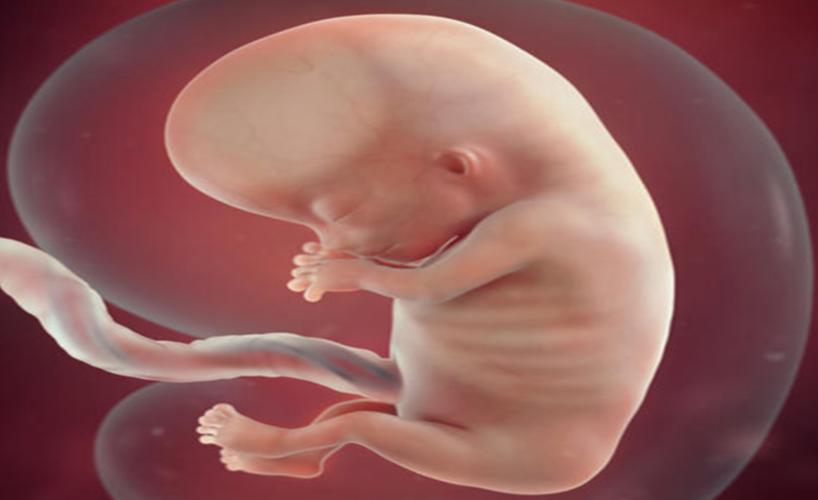11 Weeks Pregnant: Baby Development and Changes in Your Body
Welcome to the 11th week of pregnancy! As you near the second trimester, both your baby’s development and the changes in your body continue at a rapid pace. By now, you may be adjusting to your pregnancy, but understanding what to expect this week can help you feel more comfortable both physically and emotionally.

Baby Development at 11 Weeks
At 11 weeks, your baby is growing quickly, and their human features are becoming more distinct. Here are some key developments in your baby’s growth:
- Size and Weight: Your baby is now about 4-6 cm long and weighs around 7 grams, approximately the size of a fig.
- Body Proportions: While your baby’s head is still large in proportion to their body, the body is starting to become more balanced. This is a critical period for brain and nervous system development.
- Organ Maturation: Your baby’s organs are beginning to function more maturely. Organs like the liver, kidneys, and intestines are becoming functional, and the stomach is starting to produce digestive fluids.
- Fingers and Nails: The fingers and toes are fully formed, and tiny fingernails are growing. Your baby can now make a fist and may begin moving their hands.
- Gender Development: Although your baby’s gender is genetically determined, the external genitalia are not yet developed enough to be visible on an ultrasound.
Symptoms at 11 Weeks Pregnant
As your body continues to adapt to pregnancy hormones, you may experience a variety of symptoms during week 11. These symptoms can vary from one woman to another:
- Morning Sickness: Morning sickness may begin to subside during this week, though some women may still experience nausea for a little longer.
- Fatigue: Hormone levels remain high, so you may continue to feel fatigued. Adequate rest and a balanced diet are crucial during this time.
- Dizziness: You may experience dizziness due to hormonal changes and increased blood volume. Avoid sudden movements and stay hydrated to alleviate this.
- Skin Changes: Hormonal shifts may cause changes in your skin, such as the darkening of the skin on your face (known as melasma) or an overall pregnancy glow.
- Increased Appetite: As your baby grows, you may notice an increase in appetite. While it’s natural to feel hungrier, try to focus on healthy snacks and meals.
What to Focus on This Week
At this stage of your pregnancy, it’s important to prioritize both your own health and your baby’s well-being. Here are some tips for this week:
- Nutrition: A balanced, nutrient-rich diet is essential for the healthy development of your baby. Ensure your meals include protein, iron, calcium, and folic acid. Even if your appetite increases, try to maintain healthy eating habits.
- Exercise: Light exercise, such as walking or swimming, can help keep you fit and boost your mood. Always consult your doctor before starting any exercise routine.
- Stress Management: Emotional fluctuations are common during pregnancy. Consider practices like meditation, yoga, or deep breathing exercises to manage stress. Spending quality time with loved ones can also provide emotional support.
- Prenatal Checkups: Week 11 is an important time for regular prenatal visits. You may hear your baby’s heartbeat during this week’s checkup, and your doctor will monitor your health and progress.
Emotional Changes
Pregnancy can be an emotional journey, and recognizing the physical and psychological changes can help you navigate this process with more ease:
- Mood Swings: Hormonal changes may cause you to experience mood swings, from feeling happy one moment to anxious the next. This is normal, but if you feel overwhelmed, don’t hesitate to reach out to your doctor or a counselor.
- Support Systems: Leaning on your partner, family, or friends for support can make a big difference during this time. Feeling emotionally supported can help you enjoy your pregnancy more fully.
Conclusion
The 11th week of pregnancy is filled with rapid development for your baby and significant changes for your body. You may notice a reduction in morning sickness, but fatigue and increased appetite could continue. A nutritious diet, regular exercise, and effective stress management are key to feeling your best during this time. Regular prenatal checkups will help ensure both you and your baby are on a healthy path. Remember, every pregnancy is unique, and the most important thing you can do is take care of yourself.




